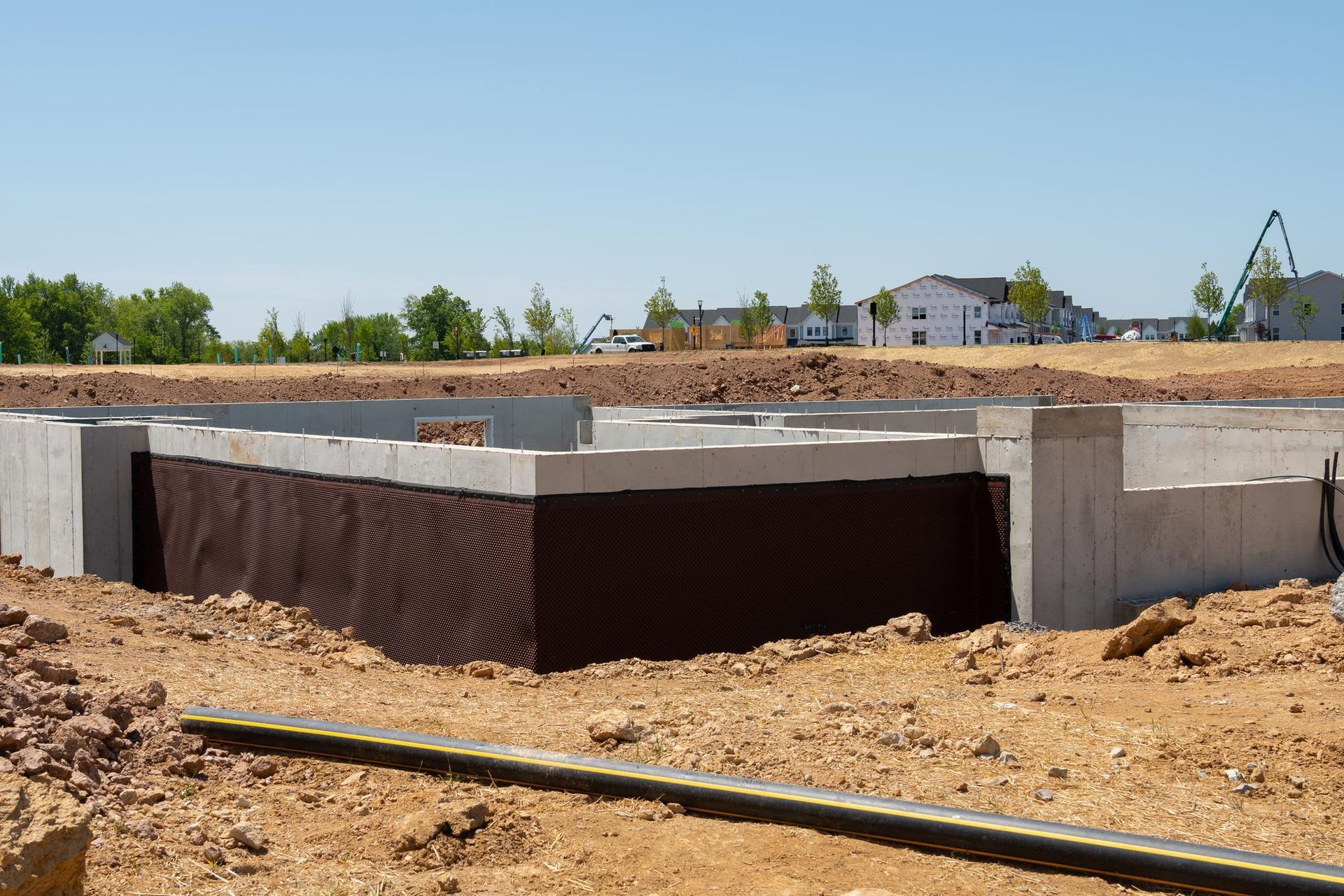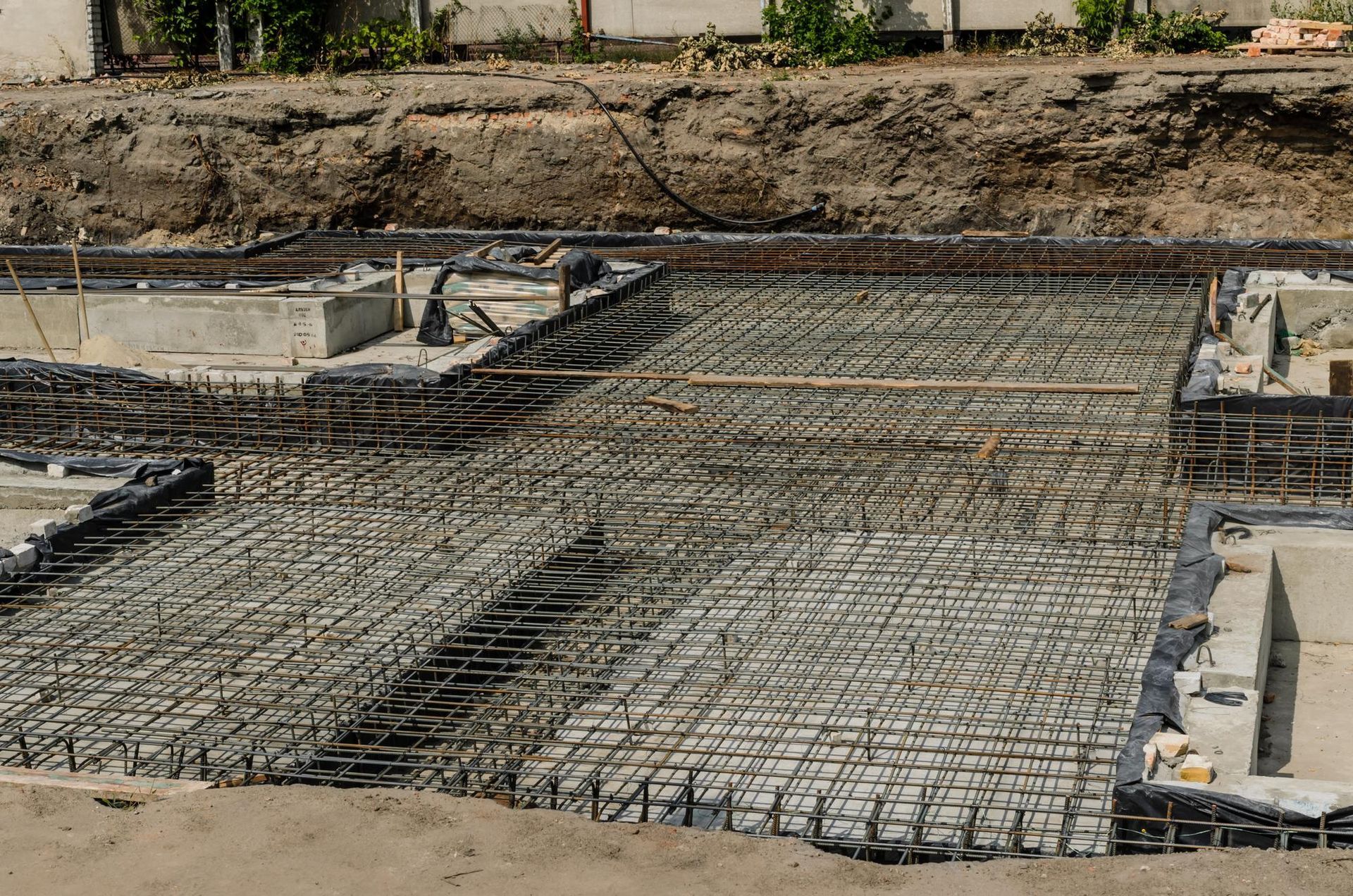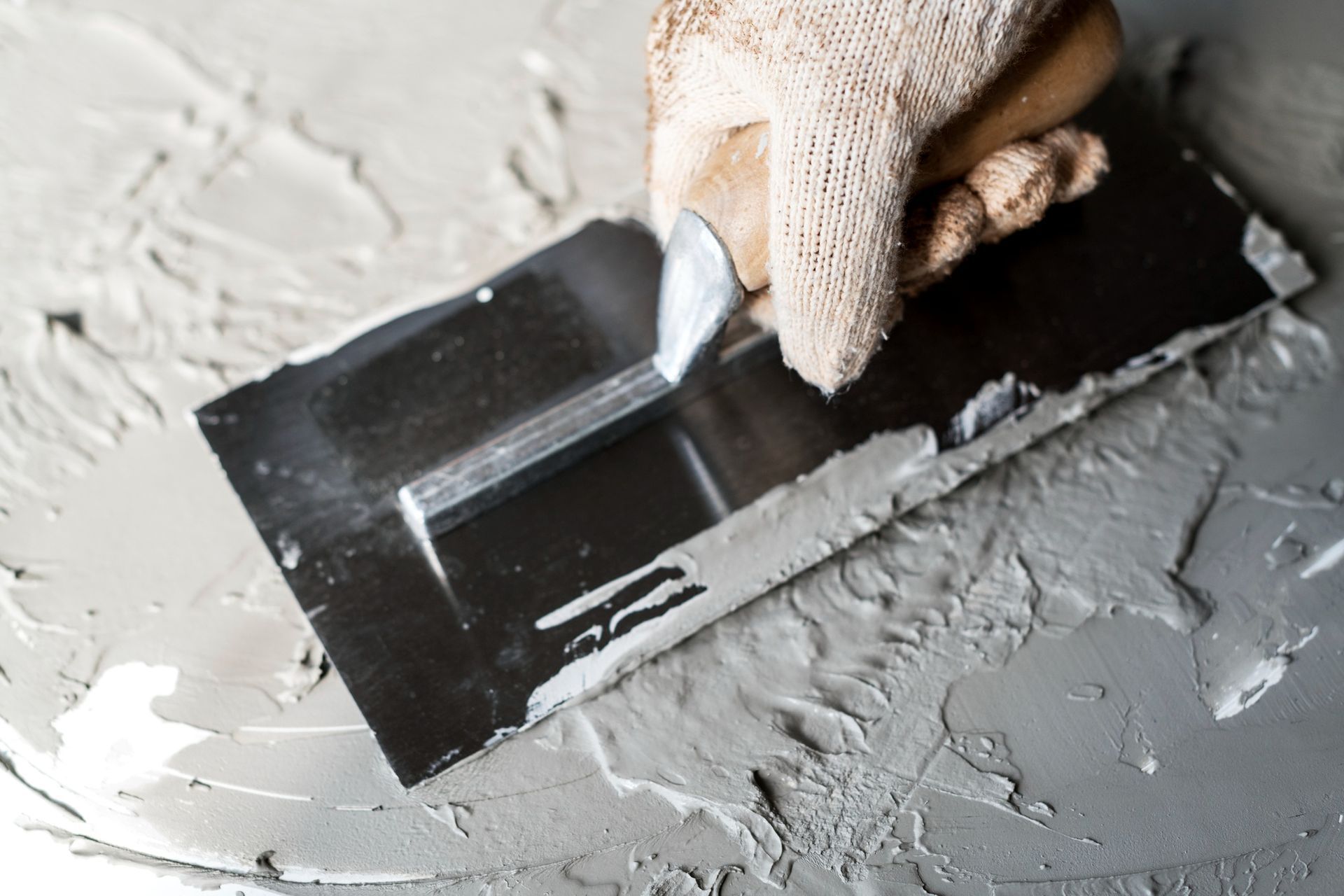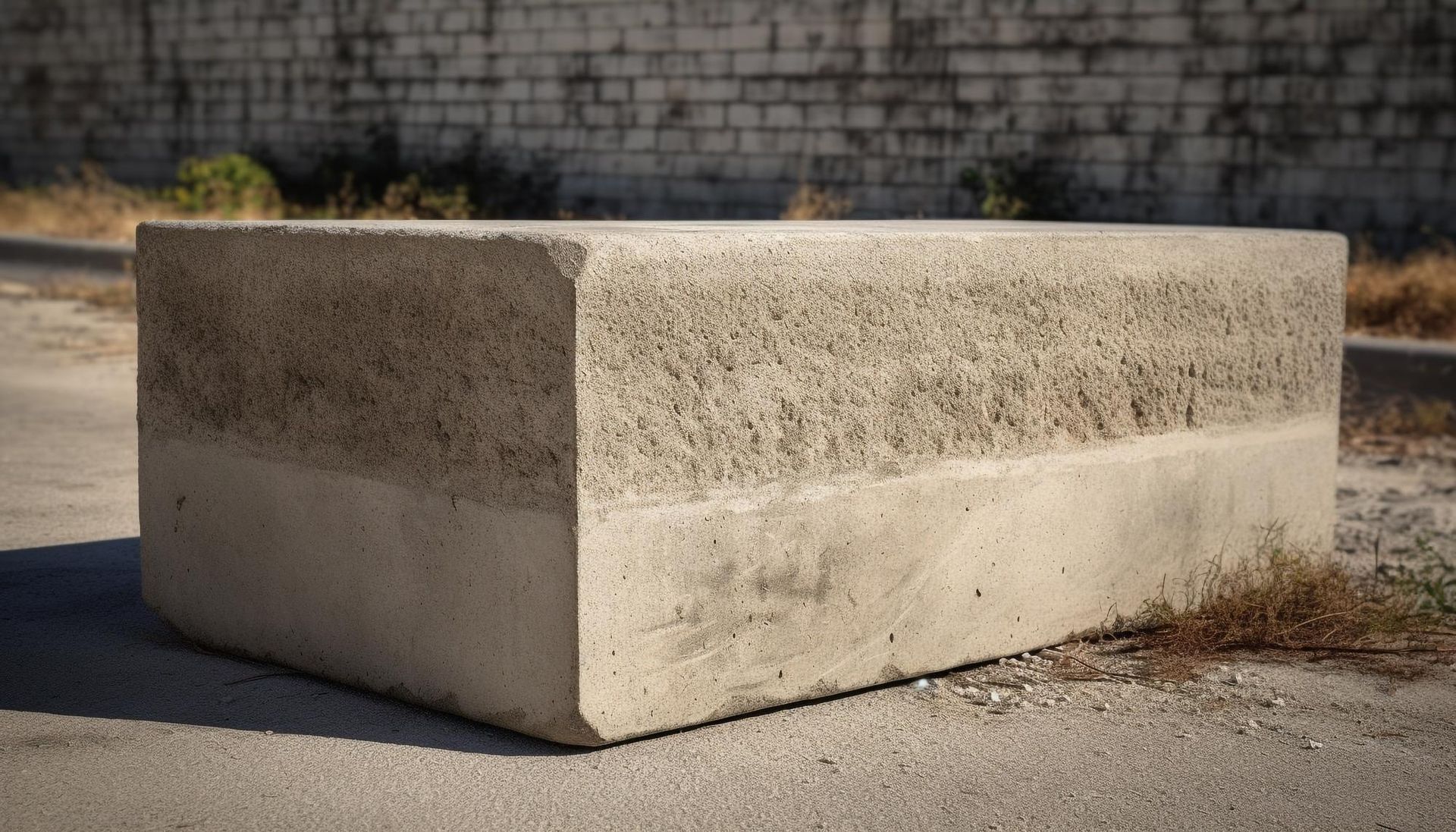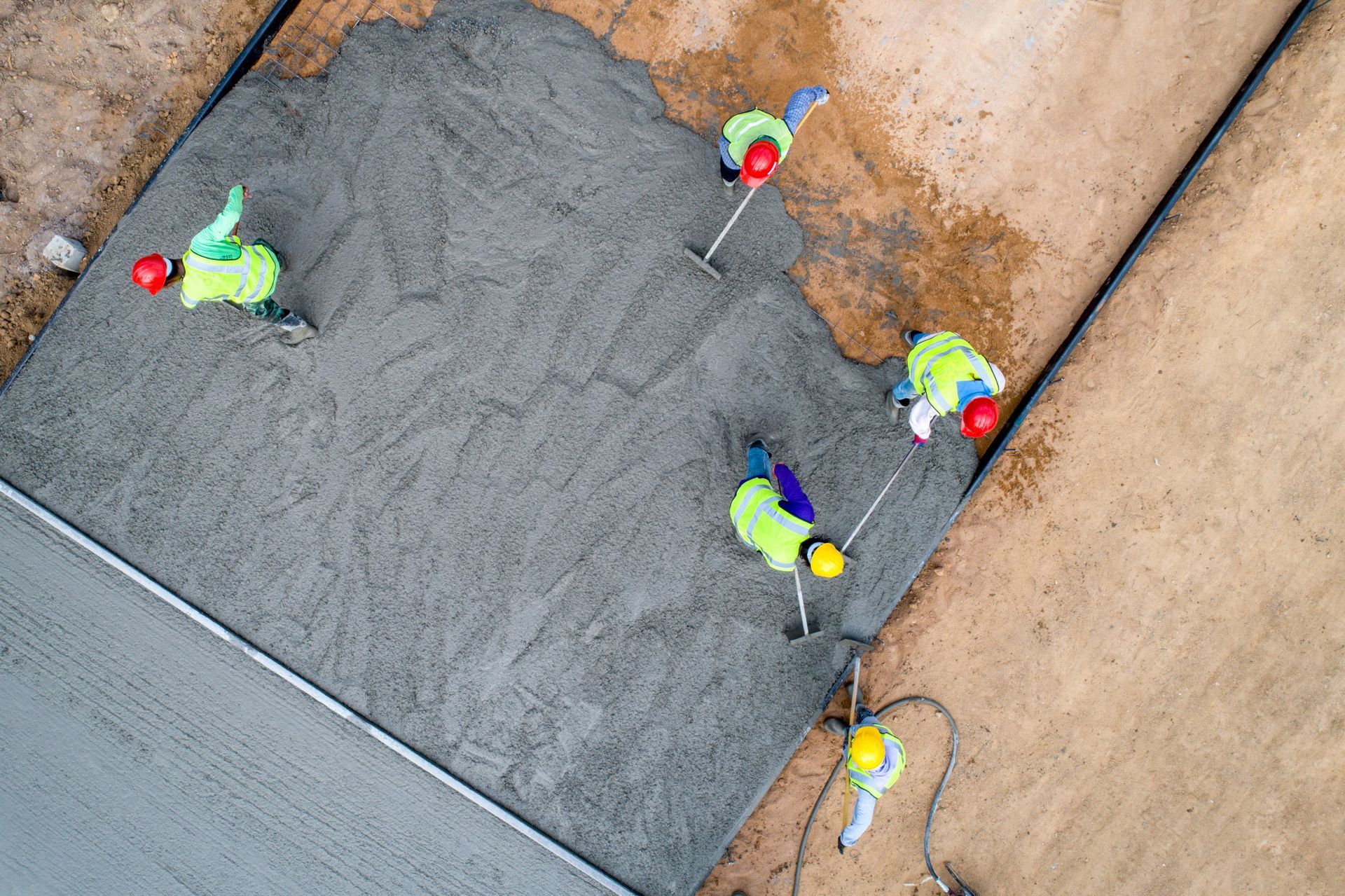Home Foundation Contractors: Ensuring the Stability of Your Investment
The foundation of any home isn't just the literal cement or stone slab upon which the building sits. It is the basis for the structural integrity of the entire property. The foundation's solidity and reliability form the groundwork for what we hope will be a sturdy, lasting investment. Hence, home foundation contractors play a pivotal role in building, maintaining, and even salvaging your investment. This article will delve into the vital role that home foundation contractors play, why you should invest in their services, and how they can ensure the stability of your investment.
The Bedrock Role of Home Foundation Contractors
Home foundation contractors, akin to the unsung heroes of any construction project, operate beneath the surface, often overlooked, but integral to the project's overall success. Without their specialized expertise, the edifices we live and work in would lack the fundamental stability necessary to stand tall, resist various environmental stresses, and serve as safe, long-lasting shelters.
When breaking down the role of a home foundation contractor, one realizes that it encompasses a diverse range of tasks, each crucial in its own way.
Firstly, foundation contractors take charge of the excavation of the construction site. This stage requires careful planning and execution, as an incorrectly excavated site can lead to numerous problems down the line, including structural instability and drainage issues. They work closely with engineers and architects to ensure the excavation aligns perfectly with the blueprints of the building.
Secondly, these contractors play a crucial role in assessing the soil composition and drainage potential of the site. Different soil types - such as clay, silt, or sand - have different load-bearing capacities and react differently to water. Understanding these properties helps determine the best type of foundation to install, the necessary depth, and the appropriate waterproofing methods to apply. This process can also involve conducting soil tests and site inspections to gain a complete understanding of the land on which the foundation will rest.
Once the excavation and soil assessment stages are completed, the construction of the foundation itself begins. The exact process will depend on the type of foundation being installed. It may involve installing footings deep into the ground to support the structure, creating the slab, block, or pier foundation, and then ensuring all components are level, square, and correctly positioned.
Waterproofing is another critical aspect of a foundation contractor's job. Foundations are subject to constant moisture exposure, whether from rainfall, groundwater, or even home plumbing leaks. A professionally waterproofed foundation will help prevent water damage, which can lead to mold growth, structural damage, and basement flooding.
Lastly, home foundation contractors ensure that adequate drainage systems are in place. Proper drainage will prevent water from pooling around the foundation, reducing the risk of soil erosion and water seepage into the home. This can involve grading the soil around the foundation to direct water away from the house, installing French drains or sump pumps, and ensuring gutters and downspouts are correctly positioned to direct roof runoff away from the foundation.
Beyond these practical tasks, foundation contractors also offer invaluable guidance. They can assist homeowners in determining the most suitable type of foundation for their property. This decision is guided by factors such as the soil type, local weather conditions, the weight of the house, and local building codes. Choices can range from full basements to slab-on-grade, crawlspace, or pier and beam foundations.
The Investment in a Solid Foundation
Saving Your Investment with Foundation Repair
Conclusion
Home foundation contractors, although often overlooked, play a pivotal role in the life of any homeowner. They are the bedrock experts who ensure the stability and safety of our homes, the people who help uphold the value of our most significant investments, and the professionals who step in when things go south.
Whether you are embarking on a new building project, considering a renovation, or facing potential foundation issues, investing in a professional home foundation contractor's services is a decision you are unlikely to regret. Their role in laying a strong foundation, complying with local regulations, and even rescuing a home from potential damage is crucial in ensuring the stability and longevity of your investment.
If you're in North Collins, NY, consider reaching out to Bri-Mic Construction, Inc. With an outstanding reputation in the field, Bri-Mic Construction, Inc. has proven itself as a service provider that delivers quality, expertise, and reliability in all aspects of foundation work. Their dedication to customer service and high-quality work has made them a go-to choice for many homeowners. You can contact them directly at 716-337-0500 to discuss your project and understand how they can help ensure the stability of your investment.
In essence, while we spend time choosing the right paint color, the perfect tiles, or the most comfortable furniture, let's also invest our time and resources in selecting the right foundation contractor. After all, they are responsible for the stability of our investment and the future of our homes.
Remember, the value of a solid foundation can never be underestimated, and the right foundation contractor is the key to ensuring that value. So choose wisely, invest smartly, and build confidently with your home foundation contractor leading the way.

